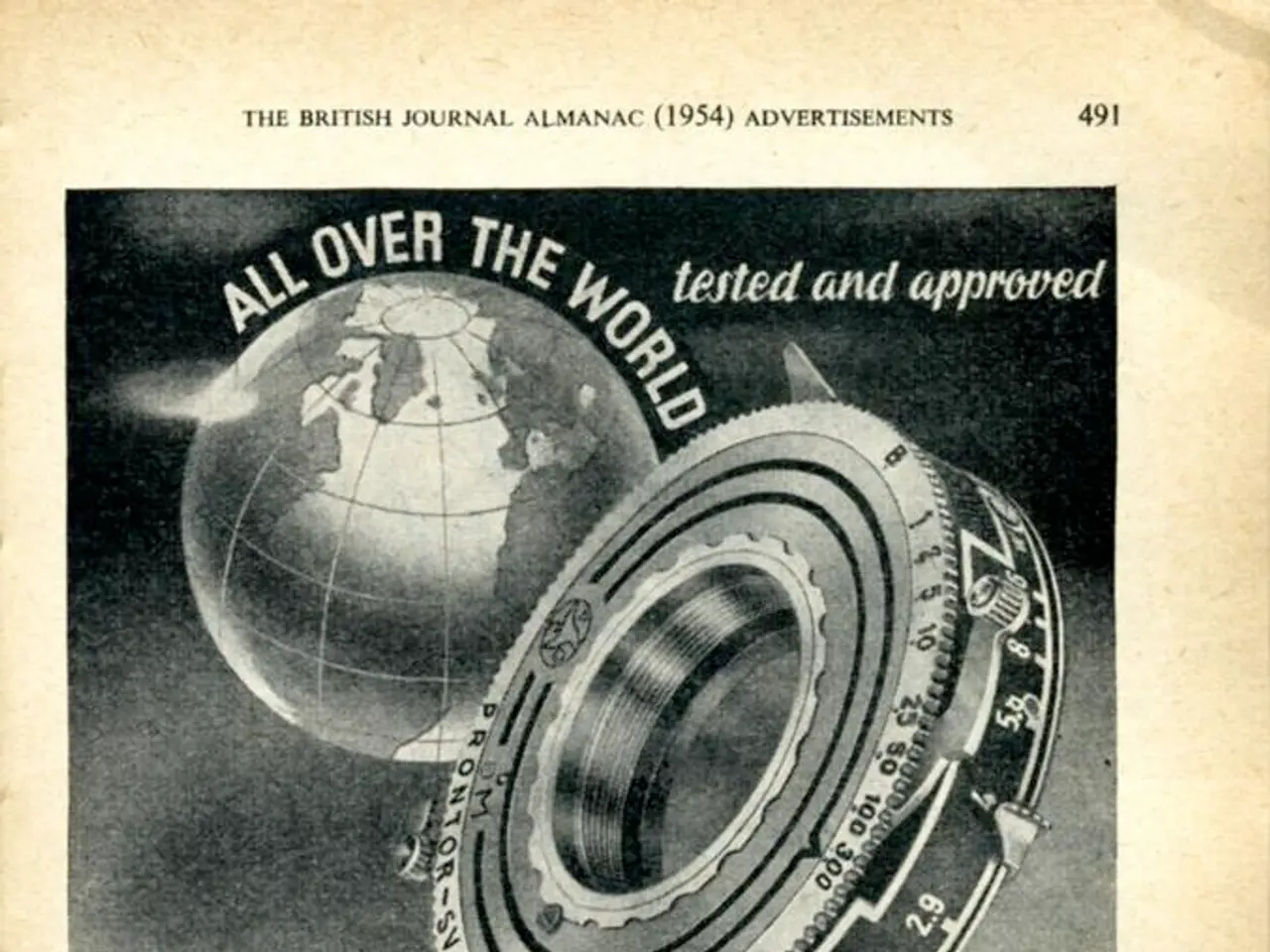Worldwide Evolution of Family Names: The Tale Surnames Tell About Human History
In the tapestry of human history, surnames serve as intricate threads, weaving together tales of migration, colonization, and identity.
Migration, often propelled by the quest for new opportunities, exposes populations to diverse languages and cultures. This exposure frequently leads to modifications in surname spelling or pronunciation, as local customs or administrative requirements are adopted. For instance, during the Trans-Atlantic slave trade, many Africans were given new names by their masters, resulting in African-American surnames with origins in slavery. Freed slaves, in turn, sometimes created their own family names, reflecting a blend of imposed and self-chosen identities.
Colonization, another significant factor, frequently involved renaming processes, where colonizers imposed new surnames on indigenous peoples or enslaved populations. This practice, whether forcible or influenced by culture, can be observed in the Spanish surname "Perez," meaning "son of Pedro" (Peter), which originated in medieval Iberia but spread widely through Spanish colonization.
The spread of surnames associated with colonial powers and their languages is another fascinating aspect. These surnames, such as "Perez," were disseminated far beyond their origins, adapting to local linguistic and cultural contexts.
Surnames can be categorized into four main types: patronymic/matronymic, occupational, descriptive, and geographic. Patronymic/matronymic surnames, like Johnson (son of John), are derived from the first name of a parent. In Iceland, individuals use patronymic or matronymic surnames, often referring to someone as "someone else's son or daughter."
Occupational surnames, such as Miller or Carpenter, are based on a person's job. In European societies, surnames were often based on occupations, geographic locations, or parental names. As societies grew more complex, surnames became necessary to distinguish individuals with the same first name.
Descriptive surnames, like Brown or Armstrong, describe a characteristic of a person. In many parts of the world, indigenous peoples had to adopt new names to comply with colonial systems, frequently leading to the loss of original names and meanings.
Today, surnames contribute to our digital identity, playing a key role in online interactions and personal branding. The standardization of surnames in census records, legal documents, and immigration papers has affected their original spellings. However, in the modern era, people are reflecting on their heritage, leading to revivals of forgotten family names or the creation of new ones to reflect personal or family identity accurately.
Genealogy, the study of family ancestry, has gained popularity with the rise of online databases and DNA testing. Surnames are crucial in genealogical research as they offer clues about family history and migration patterns. Many East Asians have surnames that were traditionally created to establish family clans, while Spanish-speaking cultures often have two last names, one from each parent, reflecting family lines from both sides.
In summary, the evolution and change of surnames due to migration and colonization involve linguistic shifts, cultural impositions, assigned names (especially in contexts of slavery or abandonment), and the spread and localization of surnames linked to dominant colonial cultures. These processes illustrate how surnames are dynamic markers of identity shaped by historical social movements and power structures.
A blend of imposed and self-chosen identities often results from the creation of family names by freed slaves, refreshingly shown in African-American surnames with origins in slavery.
The widespread adoption of Spanish surnames like "Perez" demonstrates how colonial powers influenced local linguistic and cultural contexts, shifting the tapestry of human history.
Exploring genealogy through online databases and DNA testing reveals fascinating patterns of family history and migration, uncovering the rich heritage encapsulated within our surnames.




